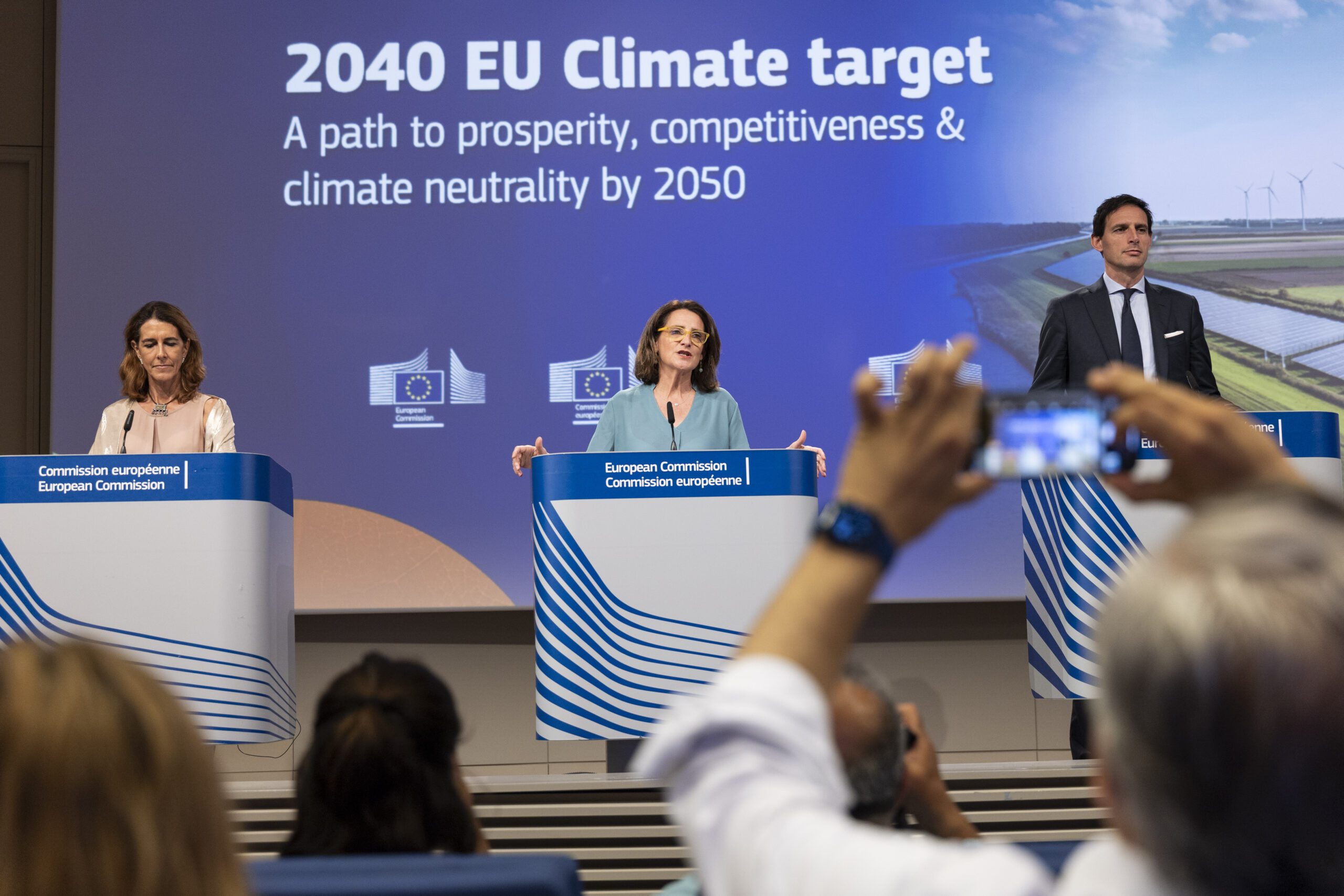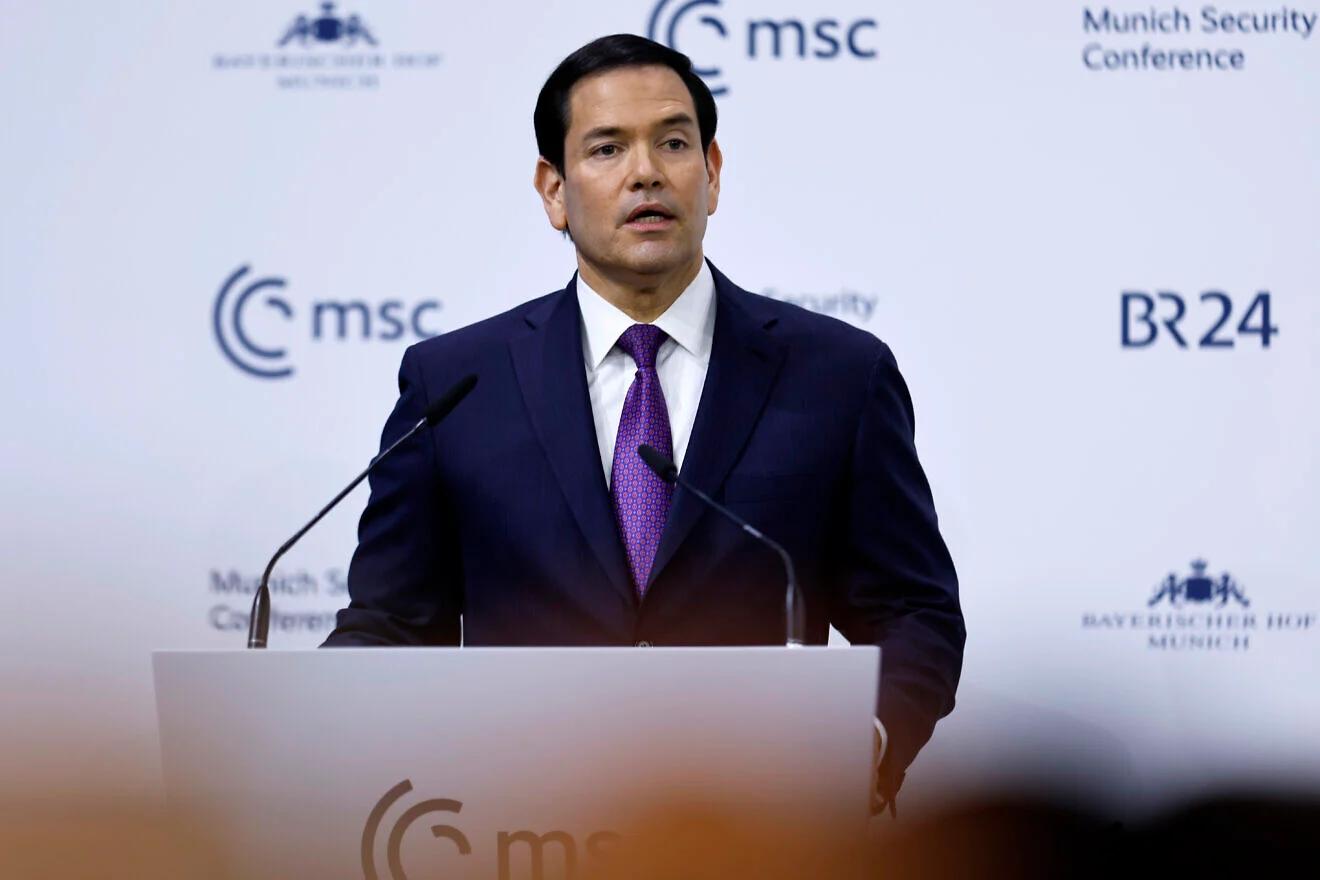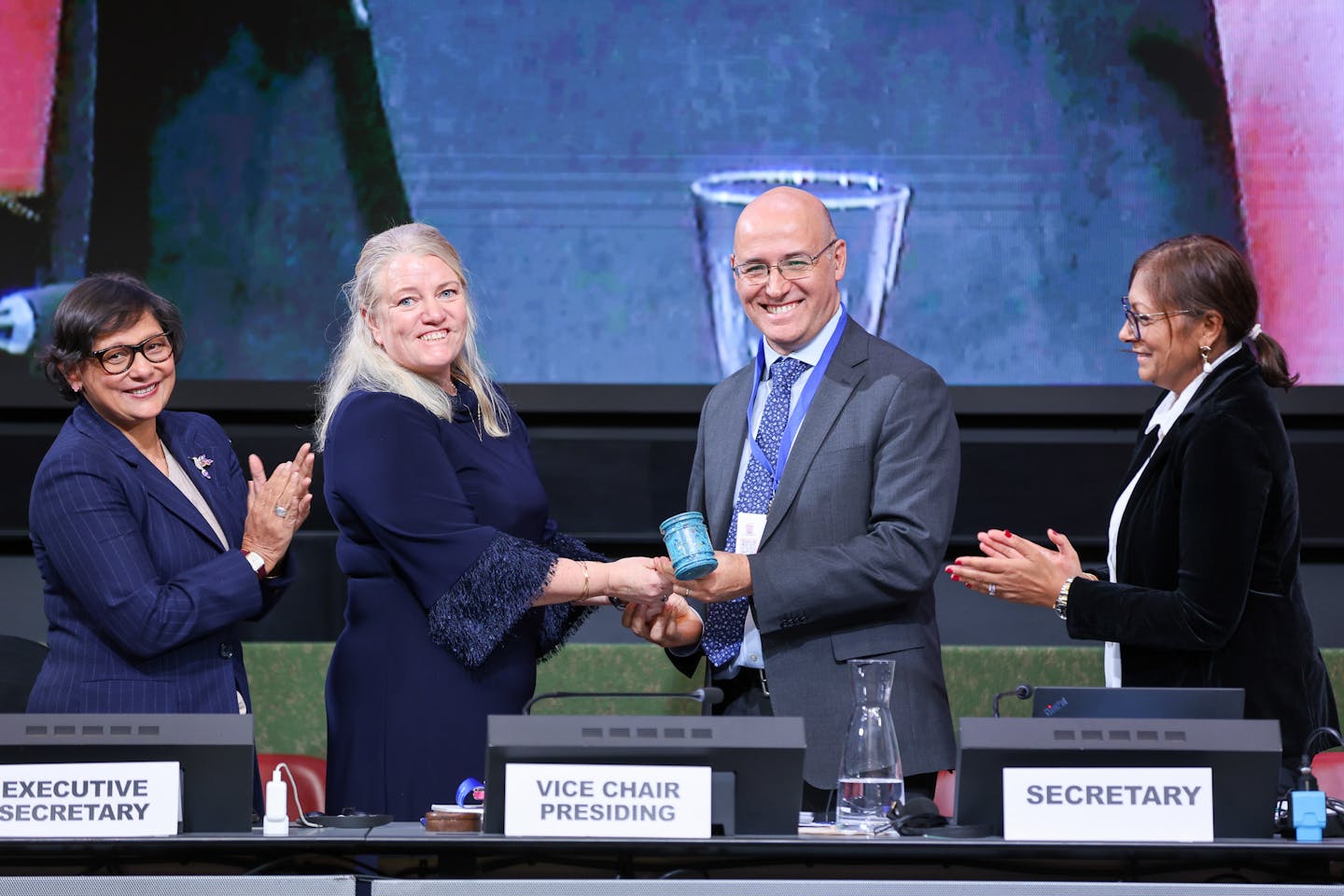Key Impact Points:
- Ambitious Targets: The new roadmap aims to eliminate plastic packaging waste by 2025.
- Collaborative Effort: Over 100 organizations are committed to achieving these goals.
- Innovative Solutions: Focus on redesigning, reusing, and recycling to create a circular economy.
Ambitious Targets for 2025
The U.S. Plastics Pact has launched Roadmap 2.0, setting ambitious targets to eliminate plastic packaging waste by 2025. This initiative marks a significant step toward sustainable packaging and a circular economy. Building on the success of Roadmap 1.0, which laid the foundation for change, Roadmap 2.0 accelerates efforts with more specific and actionable goals.
Significant Progress Achieved in Plastic Waste Reduction
The original Roadmap to 2025 was a bold initiative to catalyze immediate action in the absence of a federal strategy. Over the past four years, the U.S. Plastics Pact has seen significant progress in plastics circularity:
- Reduction of Problematic Materials: Through the creation of a Problematic & Unnecessary Materials List, decreased the use of problematic or unnecessary plastics from 14% to 8%.
- Increased Recyclability: Increased the amount of reusable, recyclable, or compostable plastic packaging from 37% to 47.7%.
- Recycled Content: Increased post-consumer recycled or responsibly sourced biobased content in packaging from 7% to 9.4%.
- Community Growth: Expanded the U.S. Pact from 62 to over 130 dedicated Activators.
- Resource Development: Introduced the PCR Procurement Toolkit, PCR Certification Principles, and the Design for Circularity Playbooks, to be published summer 2024.
Collaborative Effort
“Roadmap 2.0 outlines critical strategies and actions to reduce plastic waste, and it’s a collaborative effort involving over 100 organizations,” said Emily Tipaldo, Executive Director of the U.S. Plastics Pact. The roadmap focuses on redesigning packaging, increasing reuse, and improving recycling processes.
Change the World - Subscribe Now
Roadmap 2.0 Sets Ambitious New Goals
Building on these advancements, the ever-changing landscape requires companies to continue pushing boundaries. Roadmap 2.0 is designed to carry forward the unfinished targets from the original plan and introduce new objectives based on the experiences of U.S. Plastic Pact Activators:
- Reuse Innovations: Reuse is now a primary target. By making reuse a core target, we can significantly reduce single-use plastics. Practical examples include returnable cup systems at events, which help reduce waste.
- Design for Circularity: All plastic packaging will be designed and manufactured to be reusable, recyclable, or compostable.
- Elimination of Problematic Plastics: By 2030, all items on the expanded Problematic & Unnecessary Materials List will be eliminated, and virgin plastic will be reduced by 30%. This approach ensures that only essential plastics are produced and used in ways that support sustainability.
- Effective Recycling: The plan aims to recycle 50% of plastic packaging and establish the necessary infrastructure to achieve this at scale. In comparison, plastic packaging will achieve an average of 30% post-consumer recycled or responsibly sourced biobased content.
- Health and Community Impact: The plan also addresses the social impacts and disparities related to plastic production and use.
Participants, including major corporations and NGOs, are committed to achieving these goals. “Our members are dedicated to implementing innovative solutions that will drive systemic change,” Tipaldo added. The roadmap emphasizes transparency and accountability, ensuring progress is tracked and reported.
Building on the initial strategies of Roadmap 1.0, Roadmap 2.0 includes enhanced metrics and stronger commitments to ensure all plastic packaging is reusable, recyclable, or compostable by 2025. This approach significantly reduces environmental impact and promotes a circular economy.

 Follow SDG News on LinkedIn
Follow SDG News on LinkedIn











